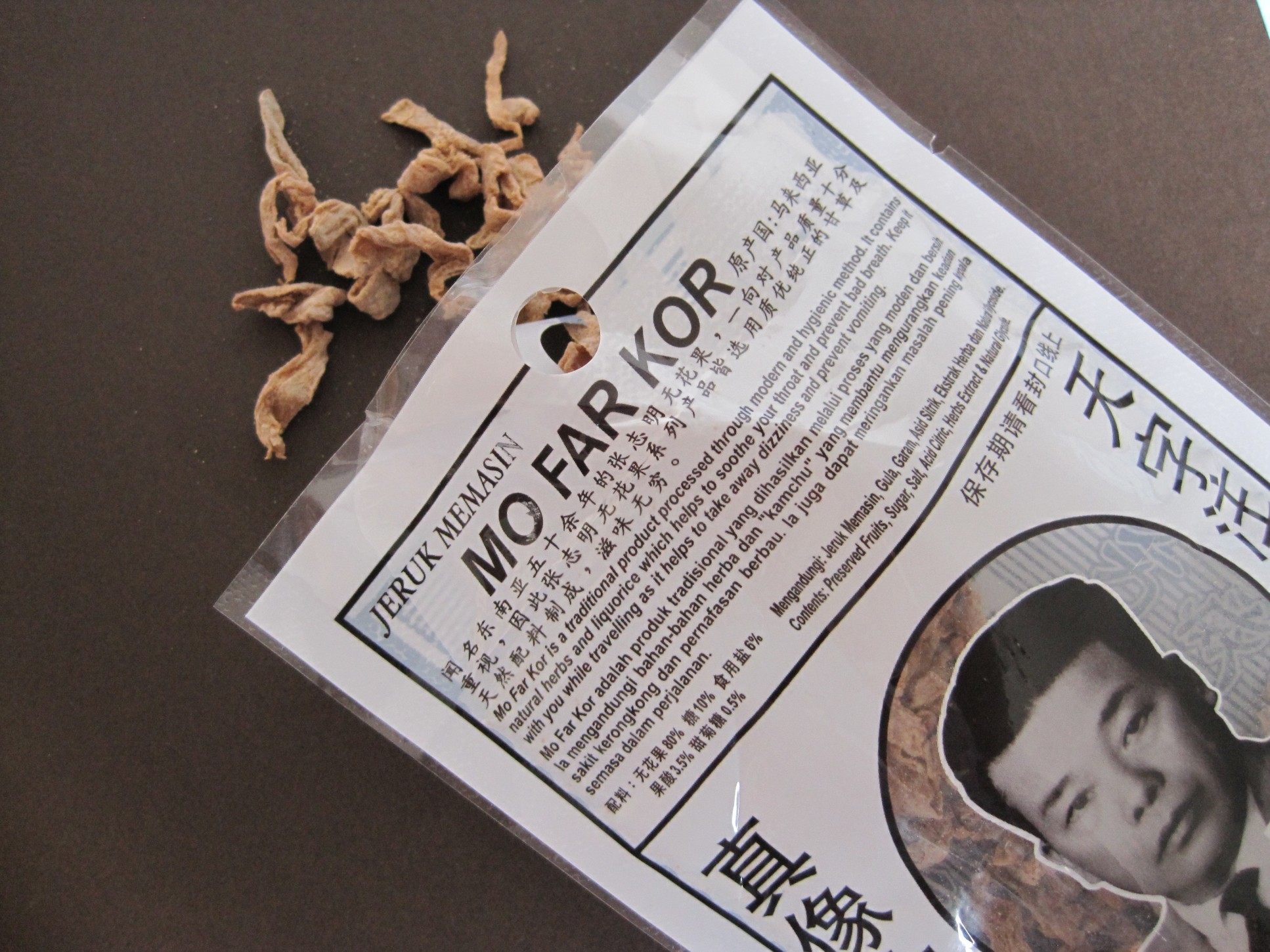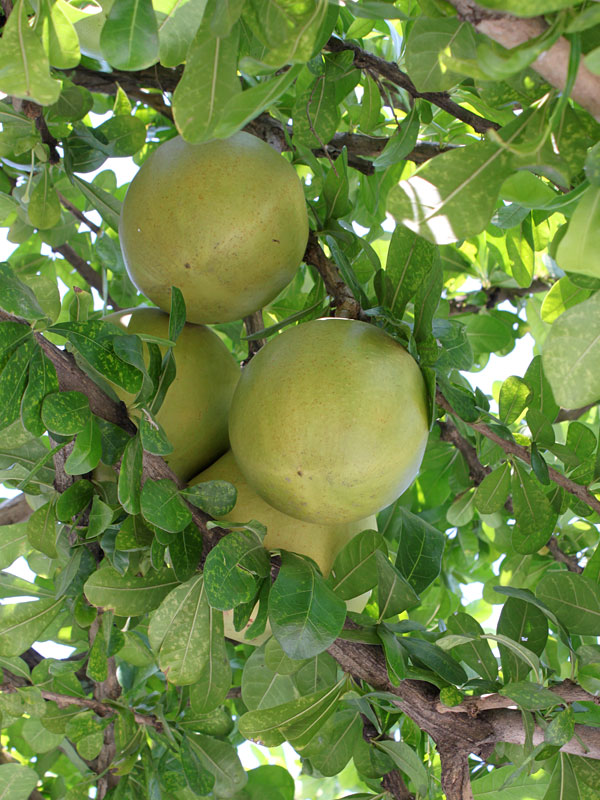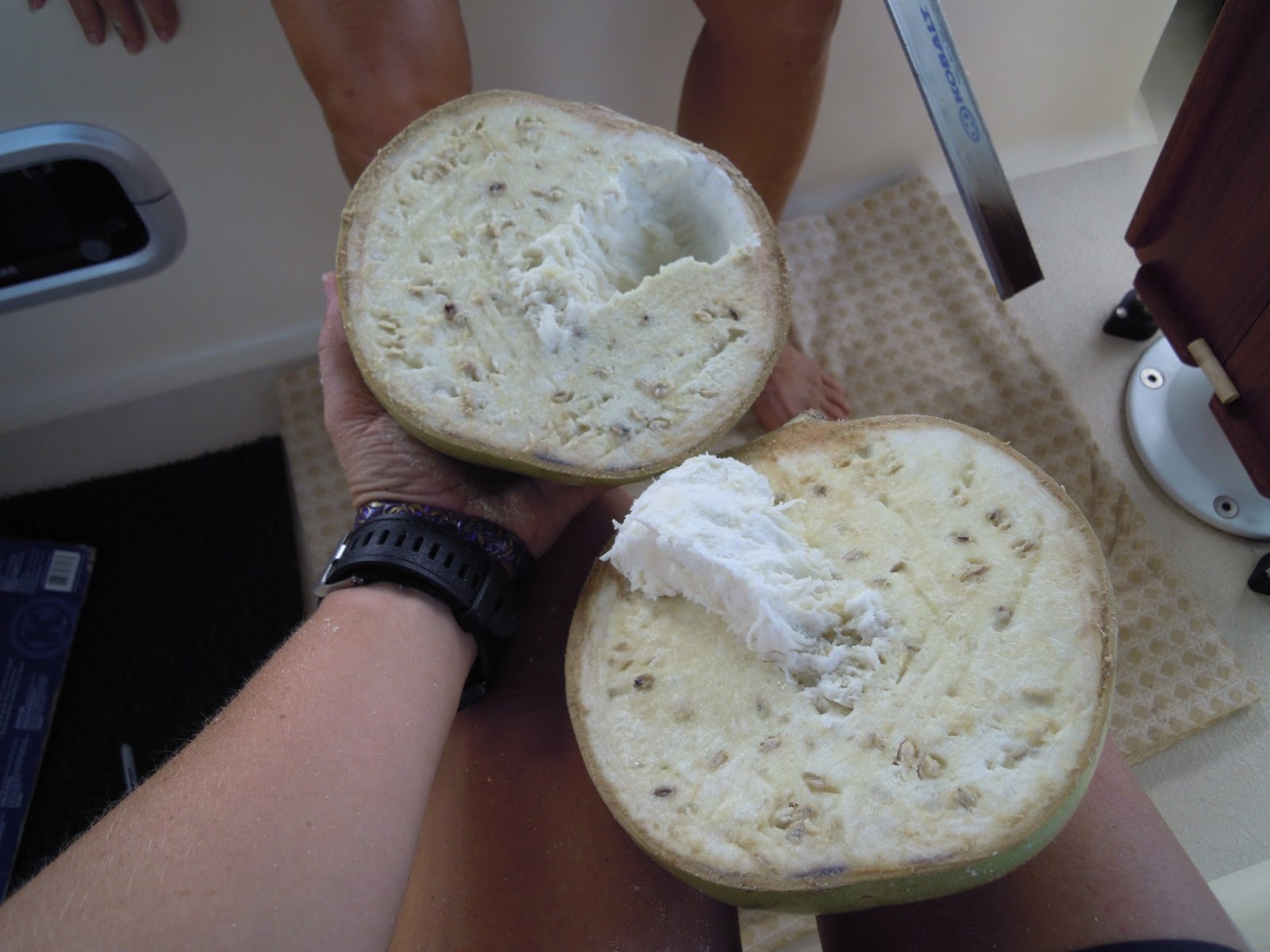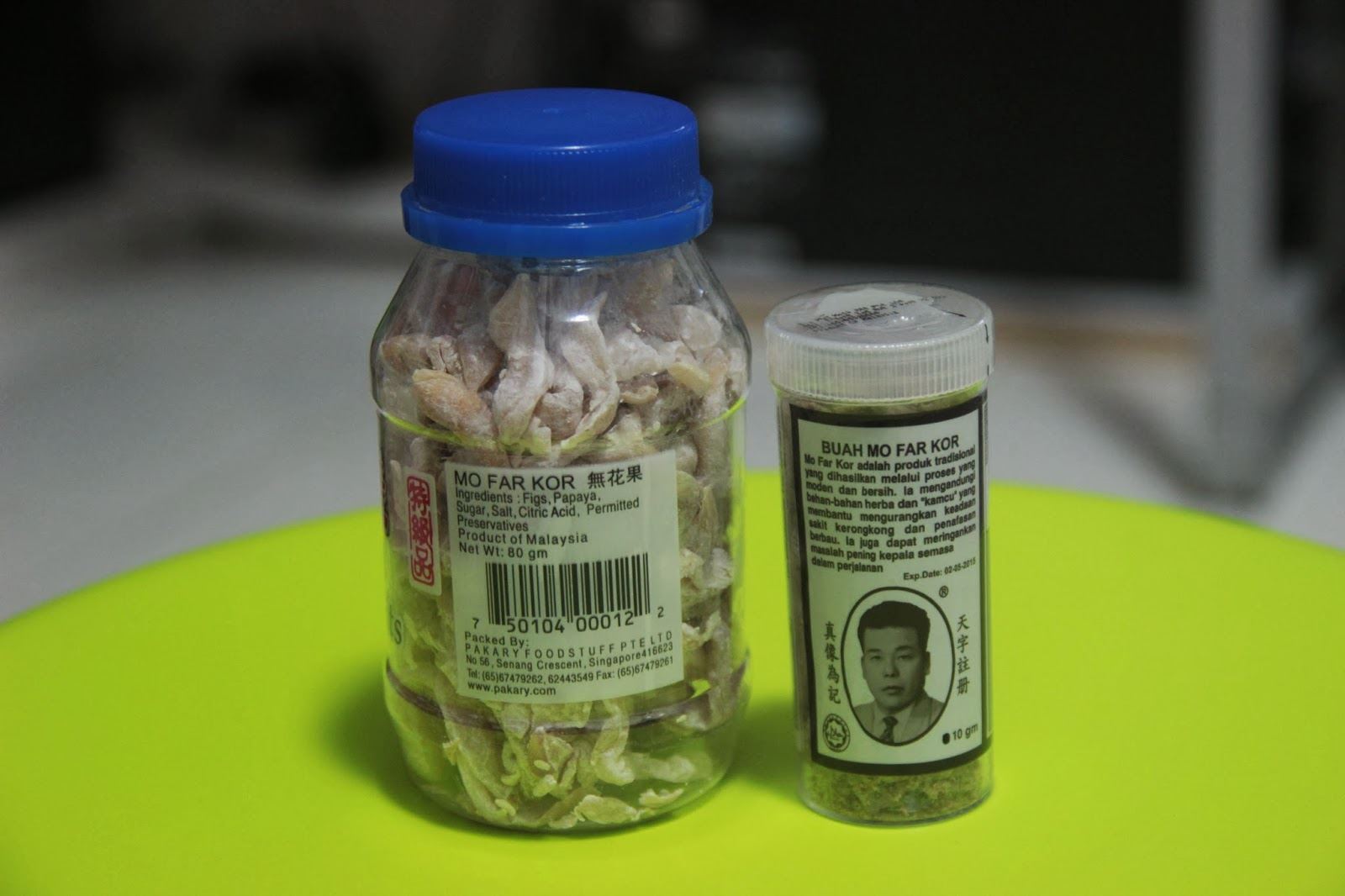What Is Mo Far Kor Actually And Why Do People Eat It When Feeling Nauseous?
No, it's not the guy's nose poop.
If you grew up in Malaysia during the '90s or often experience travel sickness, chances are that you've tried this local snack
Known as Mo Far Kor or Jeruk Memasin, this black and white obituary-looking packet holds one of the tastiest 'cures' for colds and travel sickness.
Always feel like puking on planes, boats, or in cars? The acidity in this tidbit is a lifesaver to help relieve dizziness and nausea.
The best part is that it still exists today and can be found in many local sundry shops. But what is mo far kor exactly?
For starters, the founder of the snack is Cheong Chee Ming, who started the Cheong Chee Ming Industry in 1945, which deals with tropical fruits. This includes planting, transportation, and manufacturing of dried fruit products.
So in that case, mo far kor should be some kind of fruit, right? Although it's infamously known as the founder's tahi hidung (nose poop) because of how it looks and its salty taste, that's obviously just a rumour.
The packaging's ingredient description is pretty vague, stating that "it contains natural herbs and liquorice, which helps to soothe your throat and prevent bad breath."
According to Sinar, mo far kor, which means 'non-flowering fruit' in Cantonese, is made out of a fruit grown on the calabash tree. Contrary to its translation, however, the calabash tree produces purplish-white, tubular flowers.
The calabash tree is found mainly in the Caribbean, parts of Africa, as well as Central and South America.
Image via Urban TropicalsThe calabash fruit has a green hard shell on the outside with a white, spongey pulp (kind of like mushrooms) and edible black seeds inside
It's said to have a slightly sour and bitter taste with very little flavour. And it is traditionally used for medicines.
According to this article translation, mo far kor is instead referred to as dried figs.
On a different mo far kor brand, the ingredients listed are also figs, papaya, sugar, salt, citric acid, and permitted preservatives.
So essentially, the tasty snack we know and love today is made with some type of dried fruit (be it calabash or dried fig), sugar, salt, and herbs.



